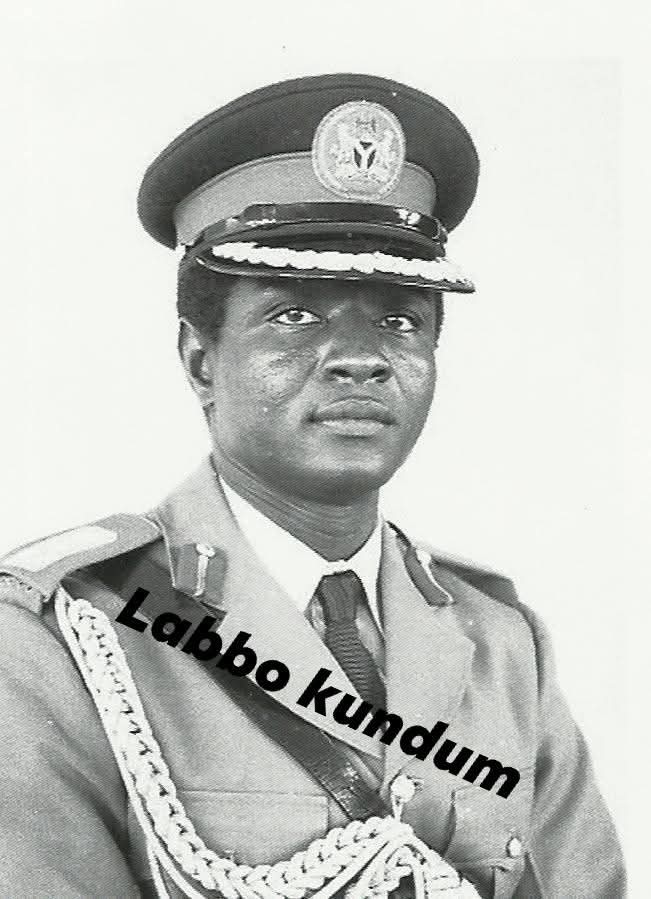General Shehu Musa Yar'Adua: A Legacy of Military, Business, and Political Influence

General Shehu Musa Yar’Adua (1943–1997) was a distinguished soldier, businessman, and politician whose life and career left an indelible mark on Nigeria’s history. Born in Katsina into a politically influential family, he was the son of Alhaji Musa Yar’Adua, a First Republic Minister. His early education and military training took him to the prestigious Royal Military Academy, Sandhurst, United Kingdom, where he honed his leadership and strategic skills.
Military Career and Role in the Civil War
Upon his return to Nigeria, Yar’Adua played an active role in the Nigerian Civil War (1967–1970). As a young officer, he was instrumental in the capture of Onitsha in 1967, a key strategic victory for the Nigerian military. Following the war, he quickly rose through the ranks, becoming a Minister and later the Chief of Staff, Supreme Headquarters—effectively the second-in-command in the military government led by General Olusegun Obasanjo. His tenure in this role saw significant administrative and military reforms.
Business Ventures and Influence in the Private Sector
In 1979, at the age of 36, Yar’Adua retired from the military and transitioned into the business world. His entrepreneurial acumen saw him establish strong interests in banking, shipping, publishing, and real estate. Alongside Chief MKO Abiola, he became a key stakeholder in Habib Bank and Africa Ocean Shipping Lines, solidifying his influence in Nigeria’s economic landscape. His business empire contributed significantly to job creation and economic growth in the country.
Traditional and Political Engagement
Recognizing his contributions to the nation, Yar’Adua was honored with the traditional title of Tafida of Katsina in 1978. This title reinforced his standing as a respected figure in Katsina Emirate and northern Nigeria. His passion for national development led him into politics, where he championed democratic ideals and reforms. As a pro-democracy advocate, he played a pivotal role in mobilizing political movements, earning widespread support but also facing resistance from the ruling military regime.
Imprisonment and Mysterious Death
In 1995, under the military regime of General Sani Abacha, Yar’Adua was arrested and sentenced to life imprisonment by a military tribunal for his pro-democracy stance. His imprisonment was widely condemned by human rights groups and the international community. While in detention, his health deteriorated under unclear circumstances, and on December 8, 1997, he tragically passed away in Abakaliki prison. His death remains shrouded in mystery, with many attributing it to state-sponsored neglect or foul play.
Enduring Legacy
General Shehu Musa Yar’Adua’s legacy continues to inspire generations of Nigerians. His unwavering commitment to democracy, his contributions to the Nigerian economy, and his service to the nation in both military and political capacities cement his place in history. His family remains influential in Nigerian politics, with his younger brother, Umaru Musa Yar’Adua, later serving as Nigeria’s President from 2007 to 2010.
His life story is a testament to resilience, patriotism, and the pursuit of justice—values that continue to resonate in Nigeria’s democratic journey.

